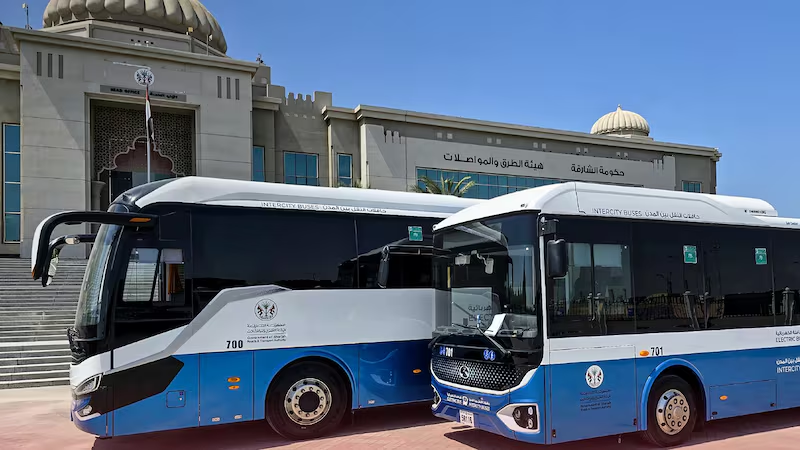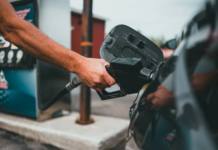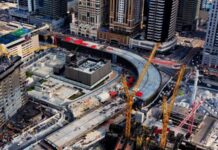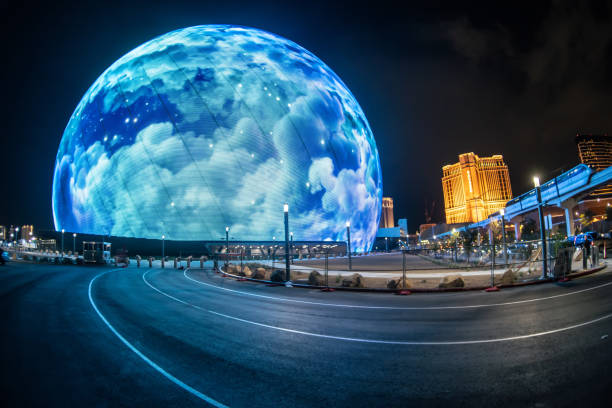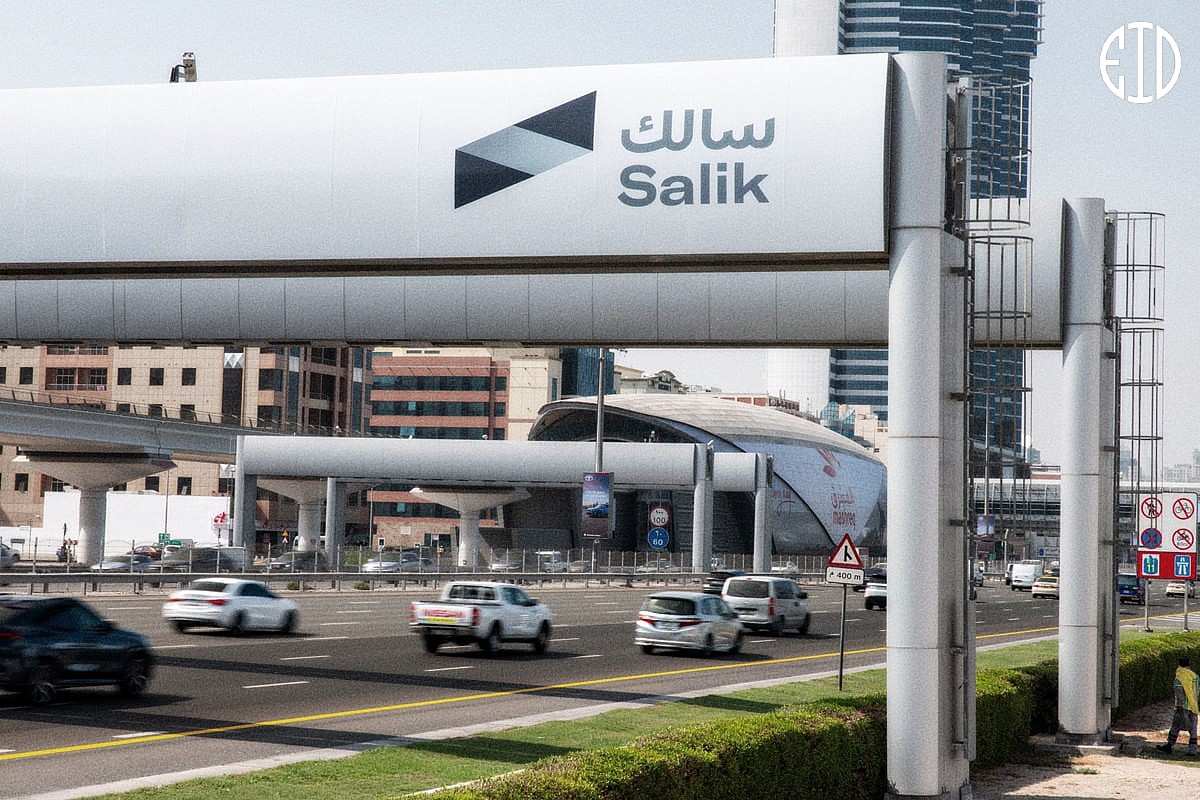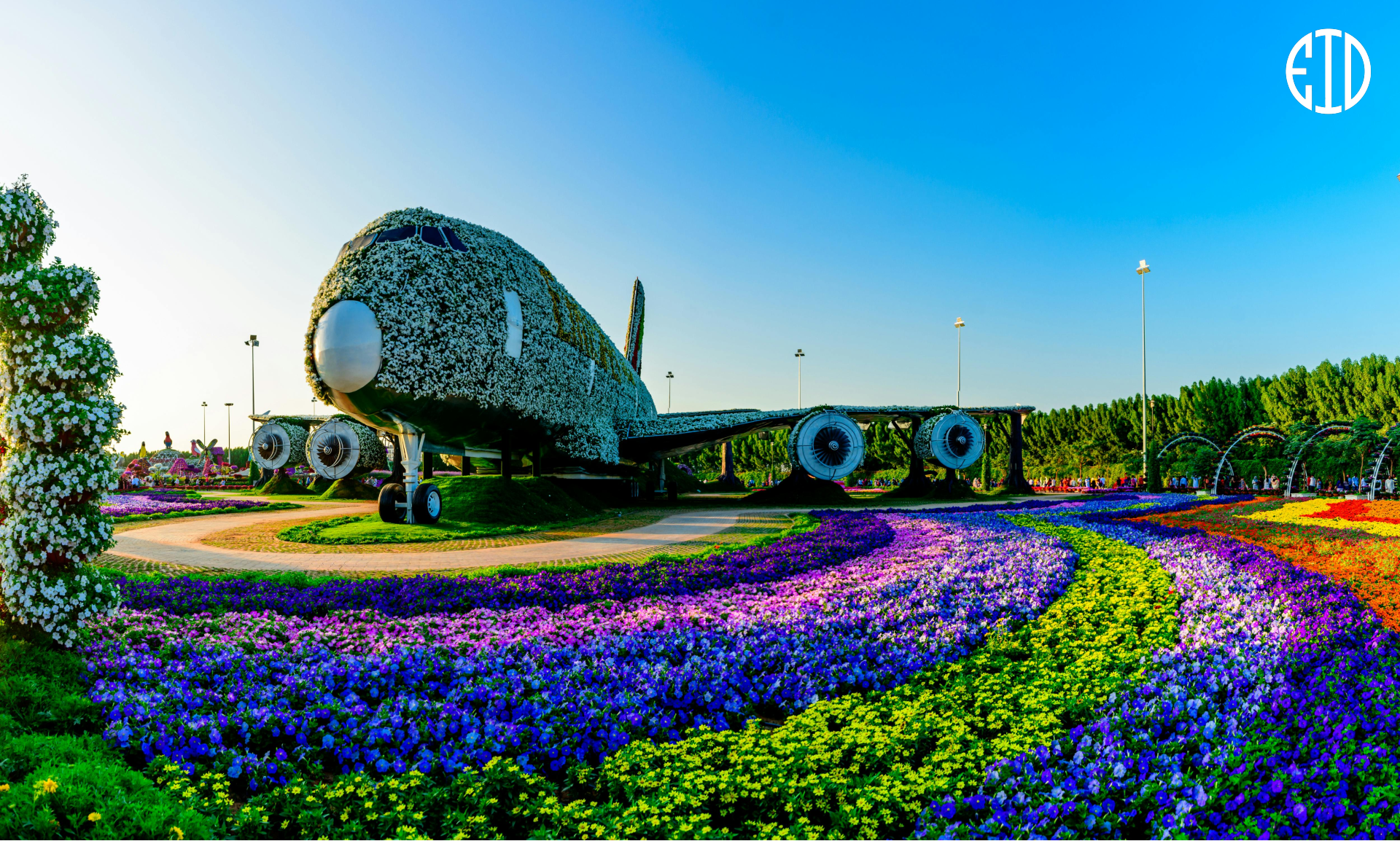Sharjah’s Roads and Transport Authority has introduced new electric buses to serve major intercity routes, marking a significant step towards a greener future for public transportation in the emirate.
Intercity Routes Served
The authority has deployed the electric buses on journeys to and from Dubai, Ajman, and the coastal city of Al Hamriyah in Sharjah. The selection of these routes was based on comprehensive studies considering factors such as frequency of use and passenger volume.
Aligning with UAE’s Net Zero Emission Goals
This public transport initiative represents the first phase of Sharjah’s shift towards using buses that meet sustainability measures, in line with the UAE’s drive to reach net zero emissions by 2050. The authority plans to expand the number of electric buses on Sharjah’s roads as part of its renewable energy strategy aimed at reducing carbon footprint.
Eco-Friendly Bus Specifications
The energy-efficient vehicles, supplied by Chinese bus maker King Long, can hold passengers comfortably, are air-conditioned, and operate with a battery cooling system. These features ensure a comfortable and sustainable travel experience for commuters.
Trials and Future Expansion
The new buses were acquired after the success of trials involving two vehicles to test their suitability for the UAE climate. Youssef Khamis Al Othmani, chairman of Sharjah’s authority, emphasized that the introduction of electric buses is a crucial step in the emirate’s renewable energy strategy.
UAE’s Commitment to Sustainable Public Transport
The UAE views public transport as essential to its ambitions of reducing emissions and protecting the environment. Dubai’s Roads and Transport Authority recently announced plans to introduce more buses under a significant action plan, including low-floor city service buses, articulated and double-decker buses for high-density areas, and additional electric buses.Dubai aims to convert all buses, taxis, and limousines to zero-emission vehicles, seeking complete conversion of public transport buses to electric and hydrogen power by 2050. The gradual shift towards sustainable transportation is crucial to the UAE’s efforts to achieve net-zero emission goals by 2027.


